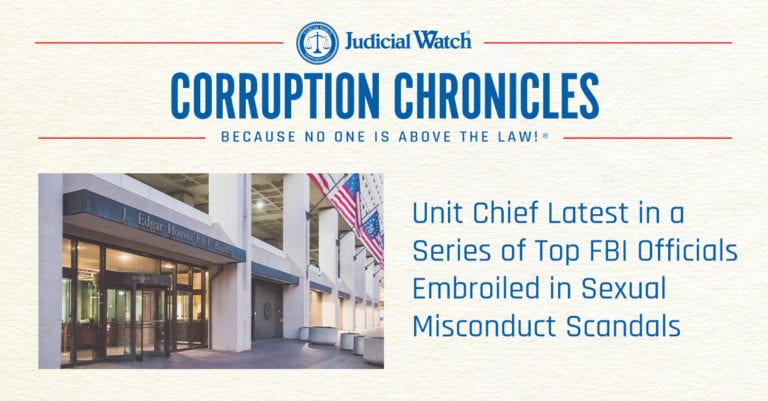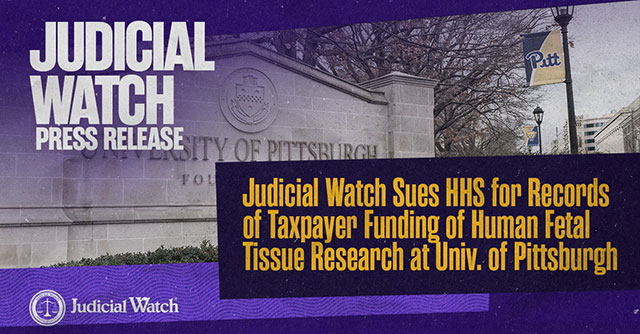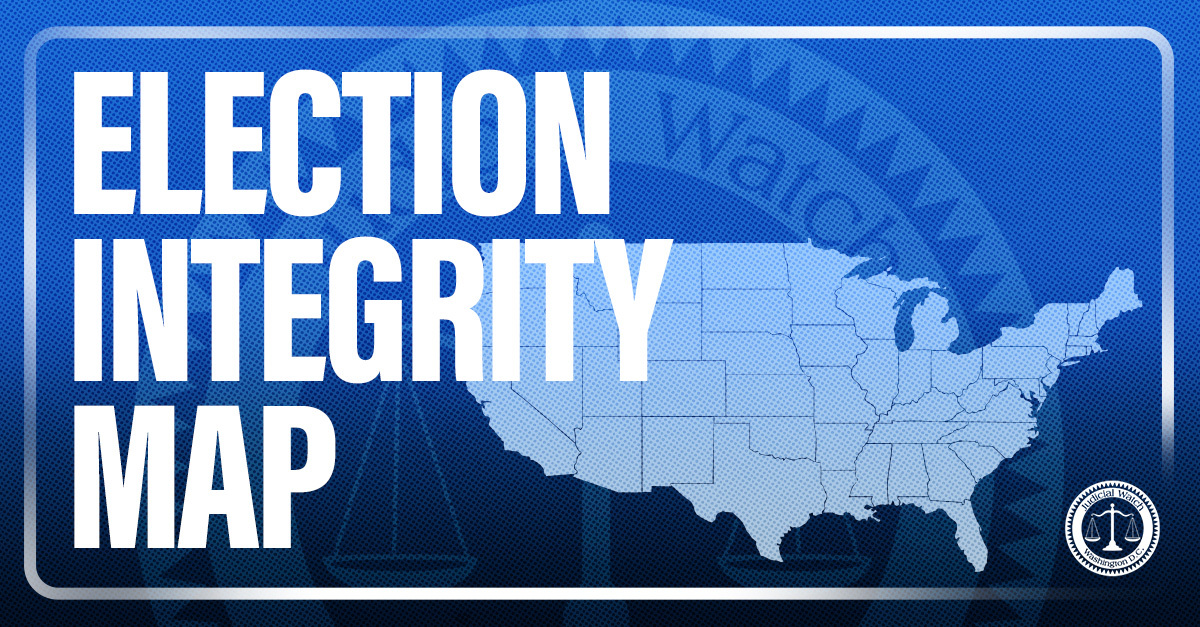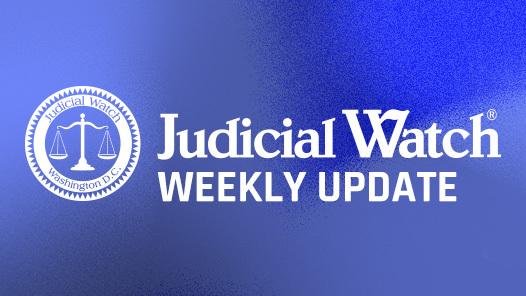
Unit Chief Latest in a Series of Top FBI Officials Embroiled in Sexual Misconduct Scandals

Besides its infamy for failing to protect the U.S. from terrorist attacks, the Federal Bureau of Investigation (FBI) is gaining quite a reputation as a hotbed of sexual misconduct among its upper ranks. Perhaps that is why the “intelligence-driven and threat-focused national security organization” with a staff of 30,000 agents, analysts and other professionals has been derelict in its duties for decades. Remember that the FBI’s well-documented transgressions culminated in the worst terrorist attack on U.S. soil in 2001. Since then, the agency, which is also charged with protecting the nation from espionage, cyber attacks and other major criminal threats, has struggled to do its job and it has cost dozens of American lives. The critical lapses have allowed homegrown violent extremists to carry out more than 20 attacks in the U.S. since 9/11, some of them after the agency closed counterterrorism investigations of the attackers.
In the meantime, the FBI has been singled out repeatedly for sexual misconduct among high-level officials, including a unit chief, special agent in charge and supervisory intelligence analyst. Just a few days ago, the Department of Justice Office of Inspector General (DOJ OIG) issued an investigative summary of misconduct by an FBI Unit Chief (UC) for engaging in an improper, intimate relationship with a subordinate and failing to disclose it as per agency policy. The unit chief, who is not identified, was directly involved in the lover’s promotion while the secret relationship was ongoing and helped the lover get certain work assignments and travel opportunities, also in violation of FBI policy. “The FBI UC’s conduct violated federal ethics regulations regarding impartiality,” according to the DOJ IG, which further reveals that the unit chief has since retired. The document does not mention if there were any consequences for the high-ranking FBI official, but it seems to indicate that the serious violations are water under the bridge because the official is no longer at the beleaguered agency.
Three other cases were also made public by the agency watchdog in recent months, though the offenders are never identified. In May, a former FBI section chief and Special Agent in Charge (SAC) was exposed for sexually harassing multiple employees, failure to report an intimate relationship with a subordinate and lack of candor. Investigators found that the “SAC sexually harassed six subordinate employees while serving as the SAC and two subordinate employees while serving in a previous position as a Section Chief at FBI Headquarters, failed to report an intimate relationship with a subordinate, engaged in actions following the end of that relationship that created a hostile work environment for the subordinate, and lacked candor during the SAC’s interview with the OIG, all in violation of FBI policy,” according to a report made public in late May. The investigation also determined that the SAC violated the DOJ’s zero tolerance policy involving sexual harassment.
Two other cases were made public in April, one involving an FBI assistant director and the other a supervisory intelligence analyst. The assistant director got busted for seeking an improper intimate relationship with a subordinate, sexual harassment and related misconduct, according to a DOJ IG bulletin issued on April 21. Investigators found that the assistant director violated FBI policy by pursuing an “improper intimate relationship” with a subordinate after inappropriately touching the subordinate following an after-work happy hour event. The probe also determined that the high-ranking official “violated FBI policies related to sexual harassment and unprofessional conduct off-duty, as well as DOJ’s zero tolerance policy with respect to harassment, in making unwelcomed and unwanted sexual advances on the subordinate.” The report further reveals that the assistant director violated FBI policy by failing to properly secure a firearm inside his or her vehicle. As in several other cases of wrongdoing the assistant director has conveniently retired. About a week earlier, an FBI Supervisory Intelligence Analyst (SIA) was dismissed for knowingly possessing child pornography. In late 2019, the DOJ OIG blasted an “FBI senior official” for failing to report an intimate relationship with a subordinate and violating the FBI’s ethics policy by participating in decisions regarding the subordinate’s promotion.
The cases mark a lot of activity at the Bureau in less than a year. To be fair, sexual misconduct appears to be a broad problem at various DOJ agencies, not just the FBI. Earlier this year the agency’s watchdog issued a management advisory identifying concerns in the handling of supervisor-subordinate relationships across DOJ components. “In the recent past, the OIG has noted an increase in the number of allegations it has received and subsequently investigated regarding allegedly inappropriate relationships between high-level supervisors and subordinates in several different components,” the document states. In the advisory the FBI’s policy is described as prohibiting supervisors from engaging in romantic or intimate relationships with subordinates “if the relationship negatively affects a professional and appropriate superior-subordinate relationship or otherwise adversely affects the FBI mission.”

















